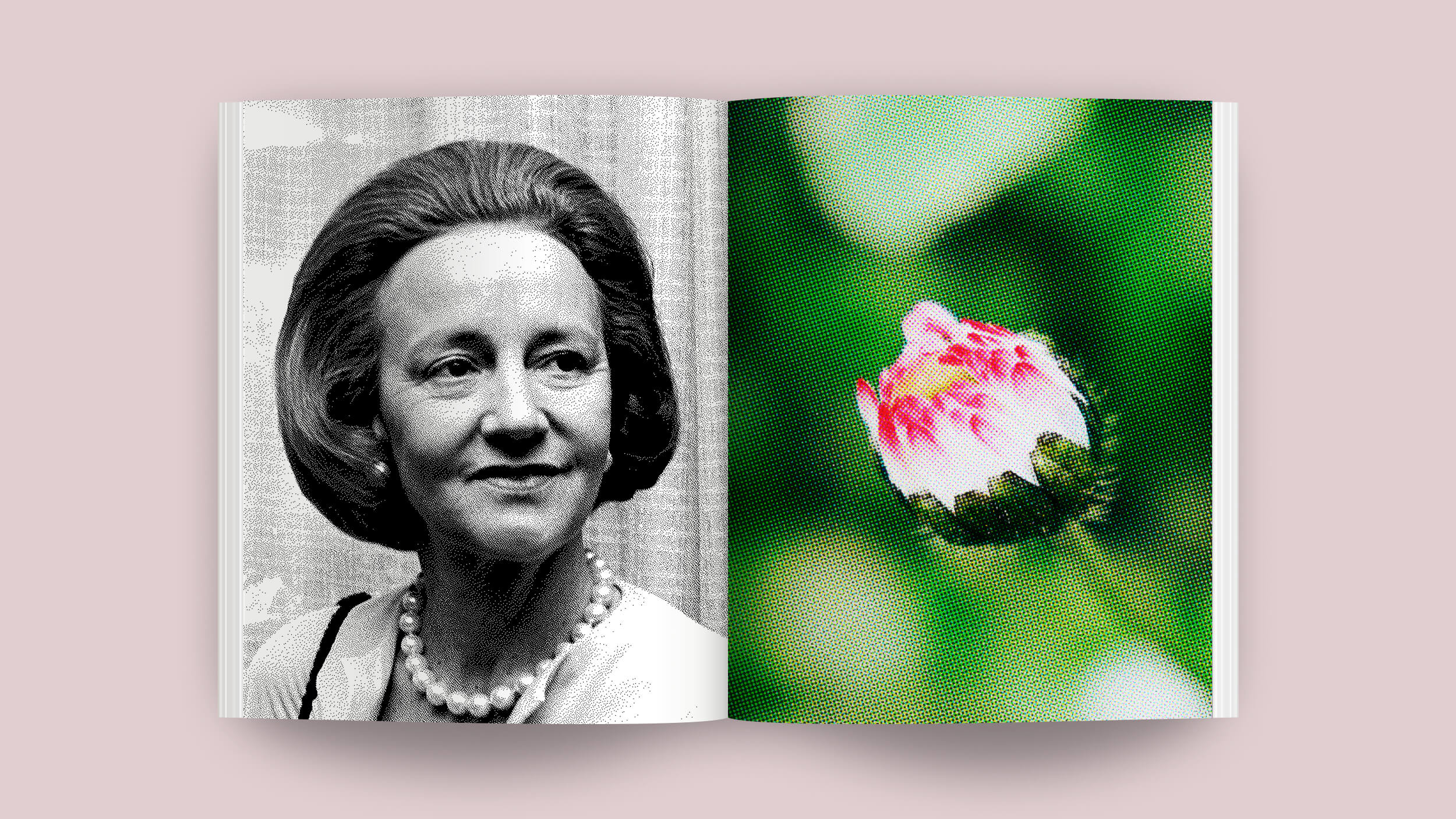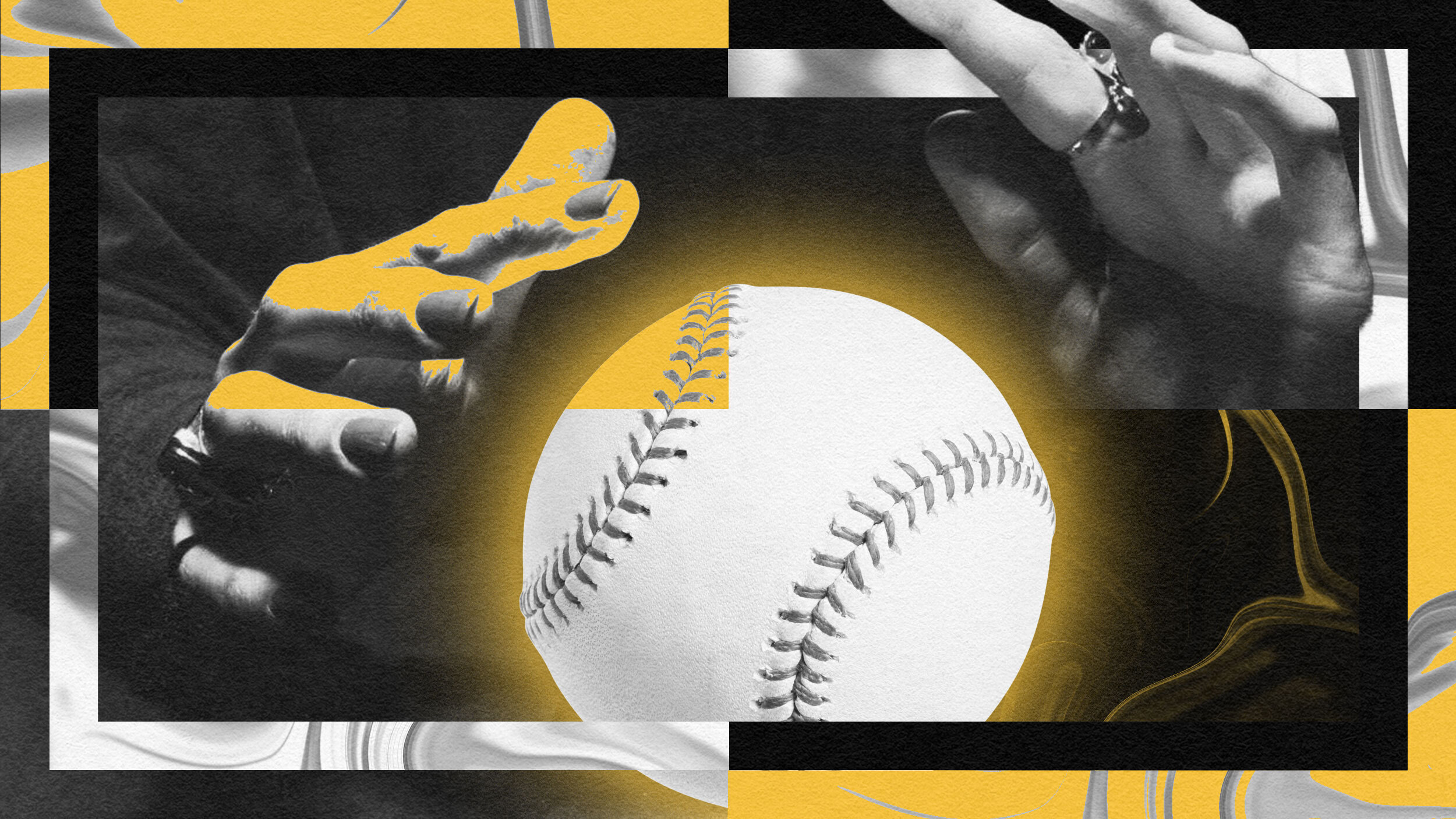The Surreptitious Influence of Spiteful Stereotypes

As I watched the televised World Cup Final surrounded by people from a variety of countries, the camera focused briefly on young fans, their faces painted in bright colors representing their nations, jumping and cheering.
From behind me someone criticized: “American teenage contagion of the world.”
The young people disparaged were Argentina fans. There was no sign of an American flag, nor any indication that America had anything to do with the youths, who were simply having a good time and harming no one. The remark was a cheap shot.
Every culture has patterns of behavior that can be observed, and considerable benefit derives from knowing how to behave when traveling.
There’s little to be gained by insisting that we’re all the same. We’re not. Yet, different need not mean better or worse.
Aside from the oversimplified images that stereotypes perpetuate, I wonder how much they contribute to the spread of disdain. It’s an important question in a world where hatreds based on racial, ethnic and cultural differences not only cause local disputes or wars but threaten global conflagration as well.
Stereotypes often take a clandestine growth path that is somewhat similar to cancer, progressing from a seemingly harmless kernel of bias that, if unaddressed, morphs into intractable xenophobia.
Each of us has the capacity to keep our stereotypes in check. It isn’t always easy – sometimes it can be quite difficult — but it’s always possible. Stereotypes are no different than other patterns of thinking that we harbor and feed with questionable data.
Learning about other cultures, we observe things to admire and perhaps find fault with some aspects. We can learn about differences and prefer certain ways to others without slipping into lazy and often spiteful generalizations.
Faced with a derogatory stereotype, there’s always the option to ask of its source, “What’s your data for that?” or to suggest, “That sounds more like a stereotype than a useful cultural observation.”
Nipping stereotypes in the bud cautions others to keep their minds open while providing us with useful reminders as well. Otherwise, we’re at risk of simply perpetuating ignorance.
photo: Kasimira Nevenova/www.shutterstock.com





